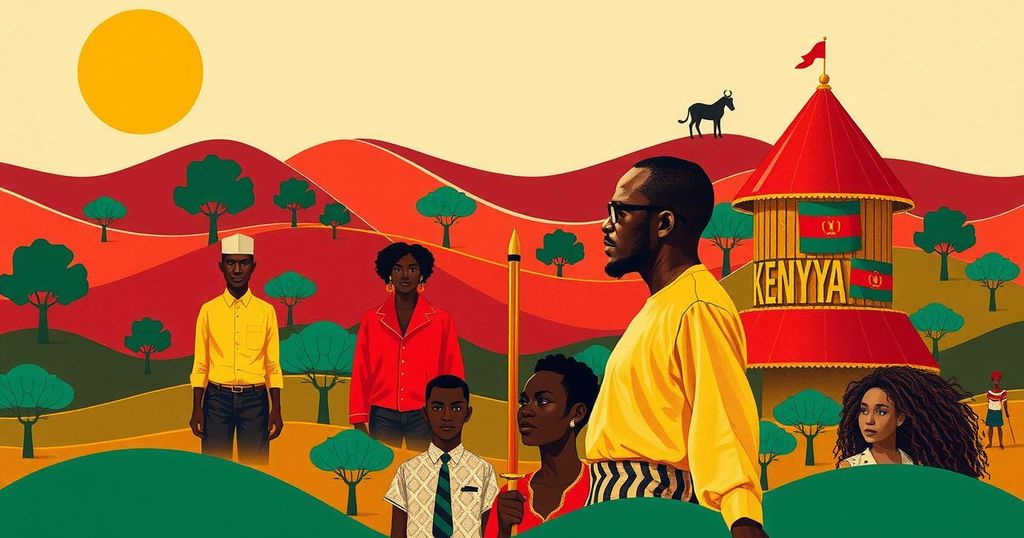World news
” RUTO, AFRICA, ANTI-GOVERNMENT PROTESTS, BROCK NELSON, DEMOCRACY, DJIBOUTI, ERICA MARCUS, GOVERNANCE, HEMPSTEAD, HICKS, KA, KALONZO MUSYOKA, KENYA, LEADERSHIP, LONG ISLAND, MAHMOUD ALI YOUSSOUF, NAIROBI, NANJALA NYABOLA, NEWSDAY, NEWSNATION, NORTH AMERICA, ODINGA, OPPOSITION, ORANGE DEMOCRATIC MOVEMENT, POLITICS, RAILA ODINGA, RUTO, UNITED STATES, WEGMAN, WILLIAM RUTO, WORLD
Ethan Kim
0 Comments
Kenyan Political Pact Between Government and Opposition Sparks Controversy
The Kenyan government and the main opposition, led by President William Ruto and Raila Odinga, have signed a contentious political pact aimed at shared governmental decision-making. Critics claim this undermines democratic processes, while supporters view it as a step toward national unity. The pact has sparked significant debate regarding the role of opposition in Kenya, particularly in light of recent political events.
The Kenyan government and the main opposition have entered into a political agreement, which critics perceive as an effort to suppress dissent. President William Ruto and Raila Odinga, the opposition leader, formalized this understanding in a ceremony held in Nairobi. Supporters of both sides marched to demonstrate their backing for the pact, which aims to involve both parties in critical governmental decision-making.
Raila Odinga, from the Orange Democratic Movement, clarified that the agreement does not constitute a “new political formation,” but is intended to “help build the country.” Ruto emphasized the importance of decisions made in the best interest of Kenyans rather than those merely politically correct. He commended Odinga for consistently making tough decisions for the nation.
Political analyst Nanjala Nyabola questioned the existence of an opposition in parliament, reflecting sentiments of concern regarding the pact. Kalonzo Musyoka, the leader of the Wiper Democratic Party, condemned the agreement, labeling it “the biggest betrayal of Kenyans.” This marks the fourth agreement Odinga has made with a sitting president, raising eyebrows about the nature of political opposition in Kenya.
Both leaders asserted that their agreement is not focused on distributing government positions, but rather on fostering a collaborative framework for addressing critical issues impacting citizens. Odinga remarked that the arrangement will assist in “easing tension in our country” and indicated the opposition’s recognition of the need for proactive engagement instead of mere critique.
The political landscape has been tumultuous, with the opposition criticized for its silence regarding government tax increases and crackdowns on protests. Furthermore, Odinga’s recent loss in the race for the African Union chairperson has left questions regarding his political trajectory and the robust role of opposition in Kenya.
In conclusion, the political agreement between the Kenyan government and the opposition signifies a pivotal shift in political dynamics. While officials claim the pact is aimed at collaboration rather than control, it has faced substantial backlash from critics who view it as a betrayal of democratic principles. The future of opposition in Kenya remains uncertain, as discussions surrounding governance and citizen representation continue to evolve.
Original Source: www.newsday.com




Post Comment